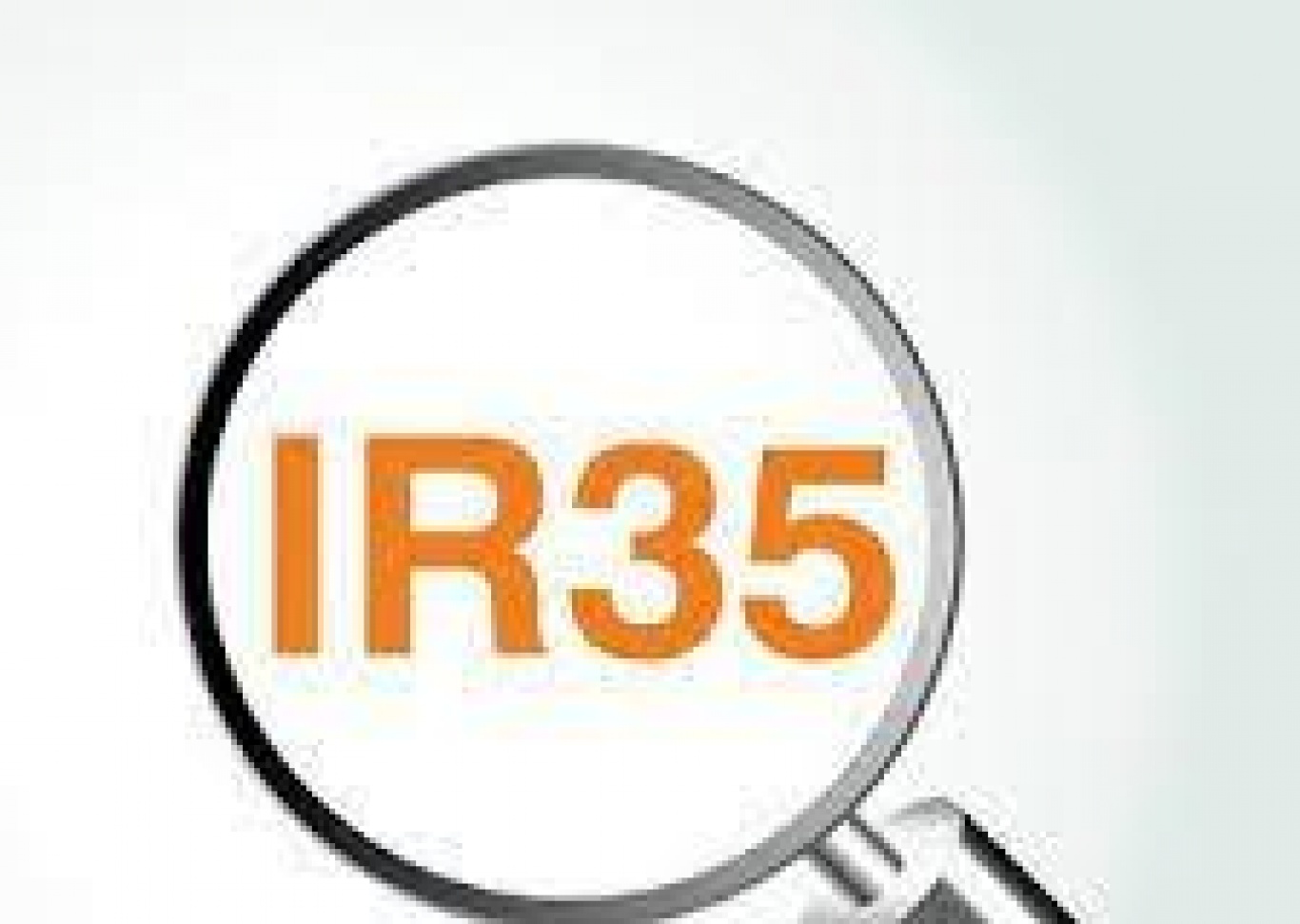
What is IR35? Demystifying your rights as a freelancer
What is IR35?
As we stated in this article, IR35 is ‘intermediaries’ legislation that’s designed to eliminate tax avoidance through workers’ use of intermediaries, or agents.
Knowledge of IR35 can determine how much tax you pay.
‘IR35’ simply refers to the number of the Budget press release which first proposed the legislation in 1999 (it was introduced a year later, after extensive consultation).
Your rights as a freelancer
IR35 is a law and affects all contractors who HMRC does not deem to be in ‘self-employment’. Your earnings may be a combination of both IR35 and non-IR35 turnover (therefore income from unregulated contracts will escape these rules).
Establishing whether you are ‘employed’ or ‘self-employed’, as per HMRC guidelines is, consequently, of primary importance.
Why was IR35 brought in? What are its aims?
Before this legislation was introduced, you could avoid tax and NICs as an employee by providing services through an intermediary and claiming to be an independent contractor.
The intermediary would then pay you in the form of dividends, rather than salary, as the former are not liable to NICs (and PAYE would not apply).
The net result was that you could end up paying less in NICs than either a conventional employee or a self-employed person.
“The aim of the legislation is to eliminate the avoidance of tax and National Insurance Contributions (NICs) through the use of intermediaries, such as Personal Service Companies or partnerships, in circumstances where an individual worker would otherwise –
- For tax purposes, be regarded as an employee of the client; and
- For NICs purposes, be regarded as employed in employed earner’s employment by the client.”
In other words, IR35 was introduced in order to clamp down on the practice and generate revenue for the Treasury.
IR35 ensures that you must pay a similar amount in tax and NICs to what an employee of the client would pay if it’s quite feasible that you could be an employee of that company had that intermediary company not acted as an agent.
While not targeted at any particular industry or profession, it can apply in any sector, including broadcast.
When do the rules apply?
The rules will apply to you if the intermediary you operate through does not meet HMRC’s definition of a Managed Service Company and you would be an employee if you worked for your client directly (and not through your company or partnership).
So, if you operate a limited company, have a contract between your company and a client who contributes 60% or more to your turnover – and you work in their premises with their kit and under their control, you could be seen by HMRC as being in ‘disguised employment’ according to IR35 legislation.
Managed Services Company legislation (‘MSC’)
This was introduced in 2007 and applies to workers providing services through intermediaries which are classed by Her Majesty’s Revenue & Customs (HMRC) as what they call a Managed Service Company.
“An intermediary must consider whether the MSC Legislation applies before considering IR35. Intermediaries that do not meet the definition of an MSC must continue to consider IR35,” HMRC says.
What happens if the taxman believes you come under IR35 legislation?
If it turns out that HMRC does indeed regard what you’re doing as subject to IR35 legislation, and you are judged to be in ‘disguised employment’, you’ll end up paying a lot more in taxes and NICs:
- Tax as if you were an employee of the client
- Tax and NICs (at higher rates) on the money paid to the limited company by the client
Things you can do to prove you’re not in ‘disguised employment’
Simple things you can do include getting someone to design a company logo for you (you can get this done for under £4 here).
Then you can put that logo on business cards and letterheads and a website that is clearly set up to attract business (lookout for a forthcoming article on how you can build your own website quickly and inexpensively).
If you can operate from your own premises, perhaps with your own equipment, that’ll help, too. You can strengthen your case further by setting up a phone number purely for business purposes.
Combined, these would demonstrate that you are operating legitimately and should not be regarded as working in ‘disguised employment’.
Further reading – Agency Workers Regulations defined
You can read more about recent legislative changes to the way freelancers are regulated in this article,, which details everything you need to know about AWR.
Or you can contact us here at Frame 25 if you have questions on these subjects and how they affect you.